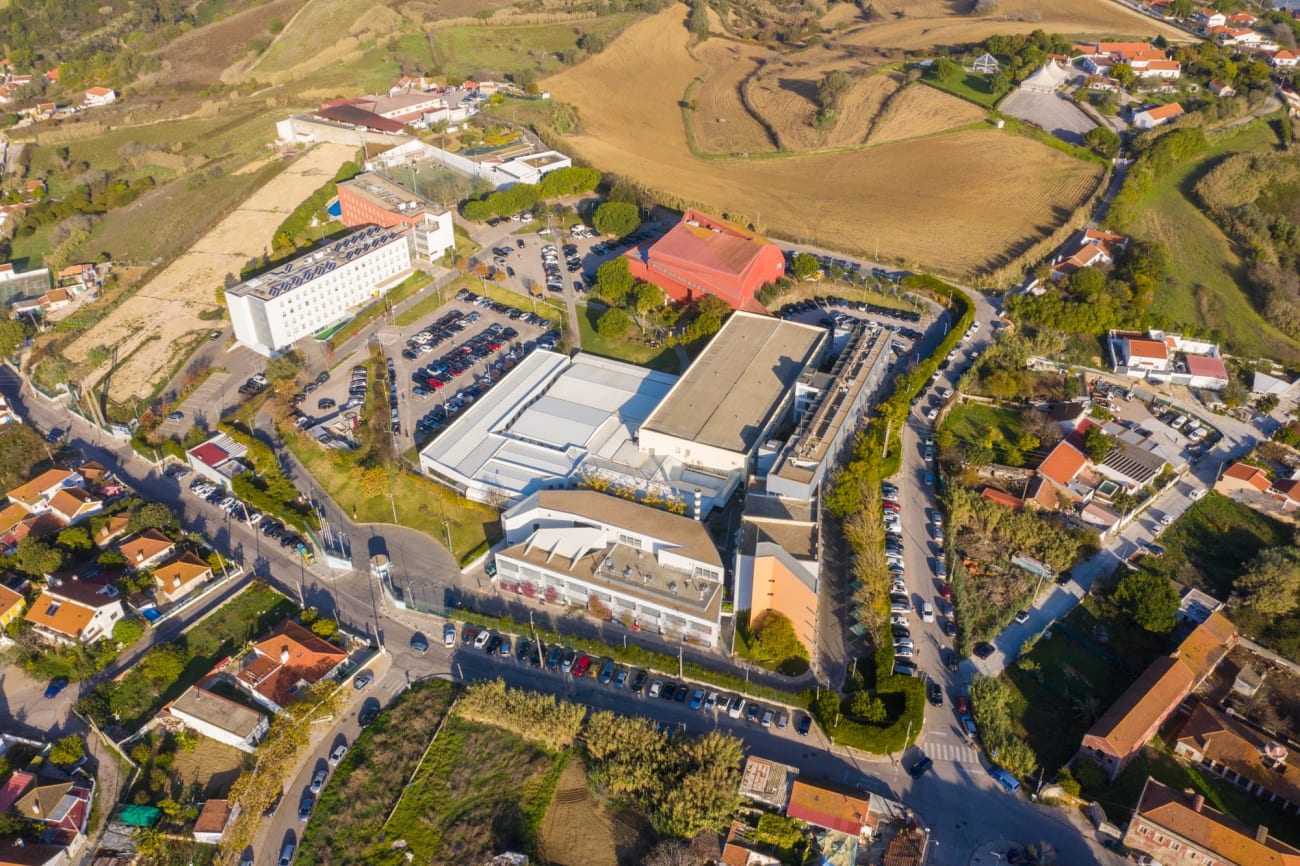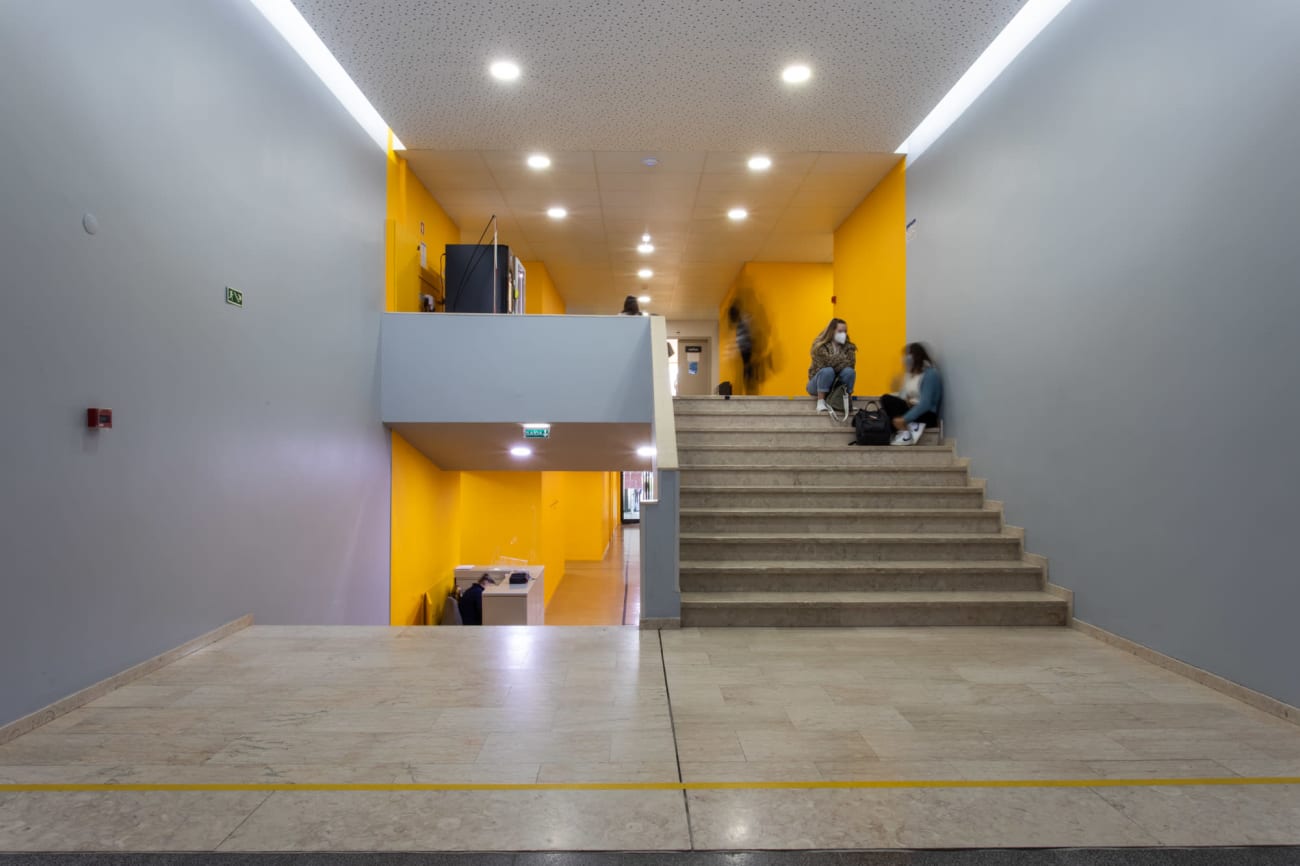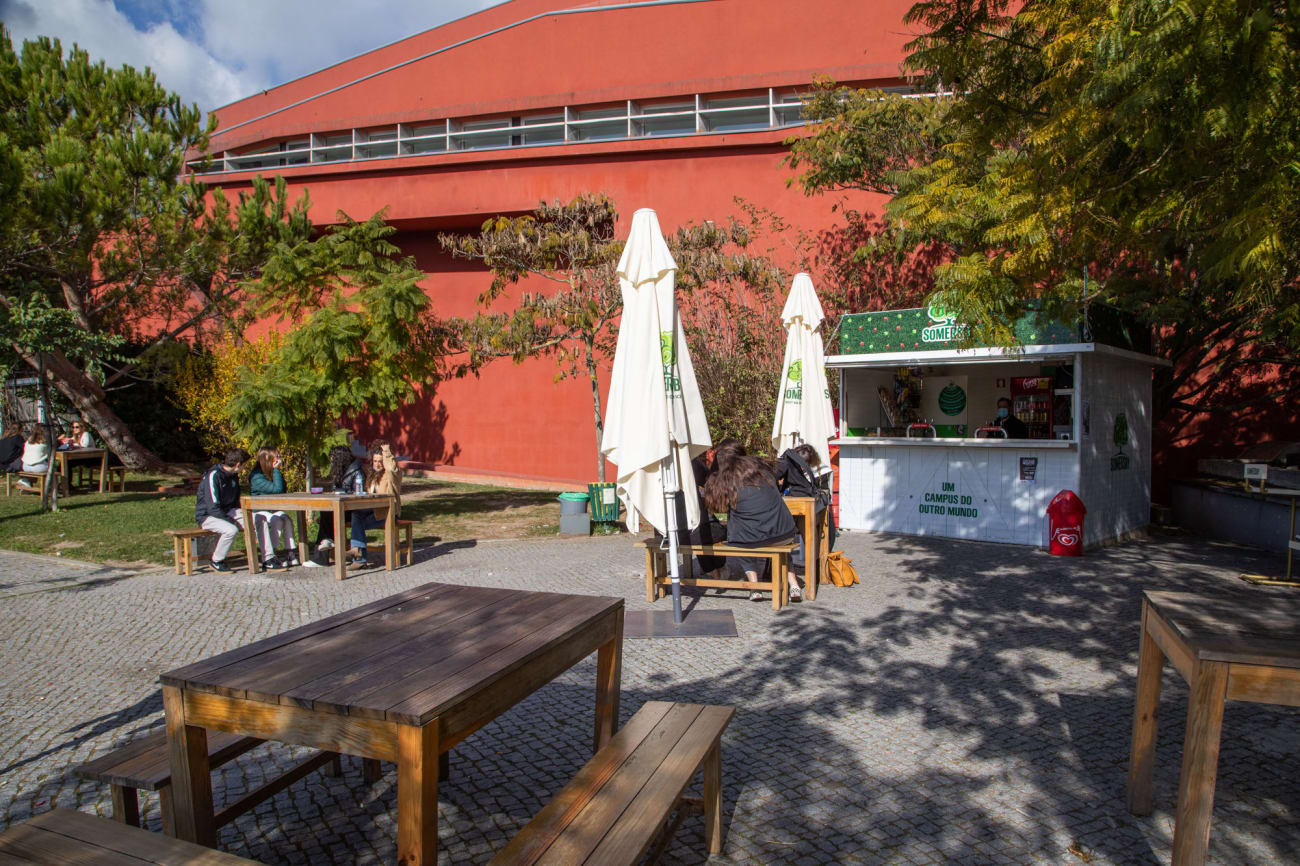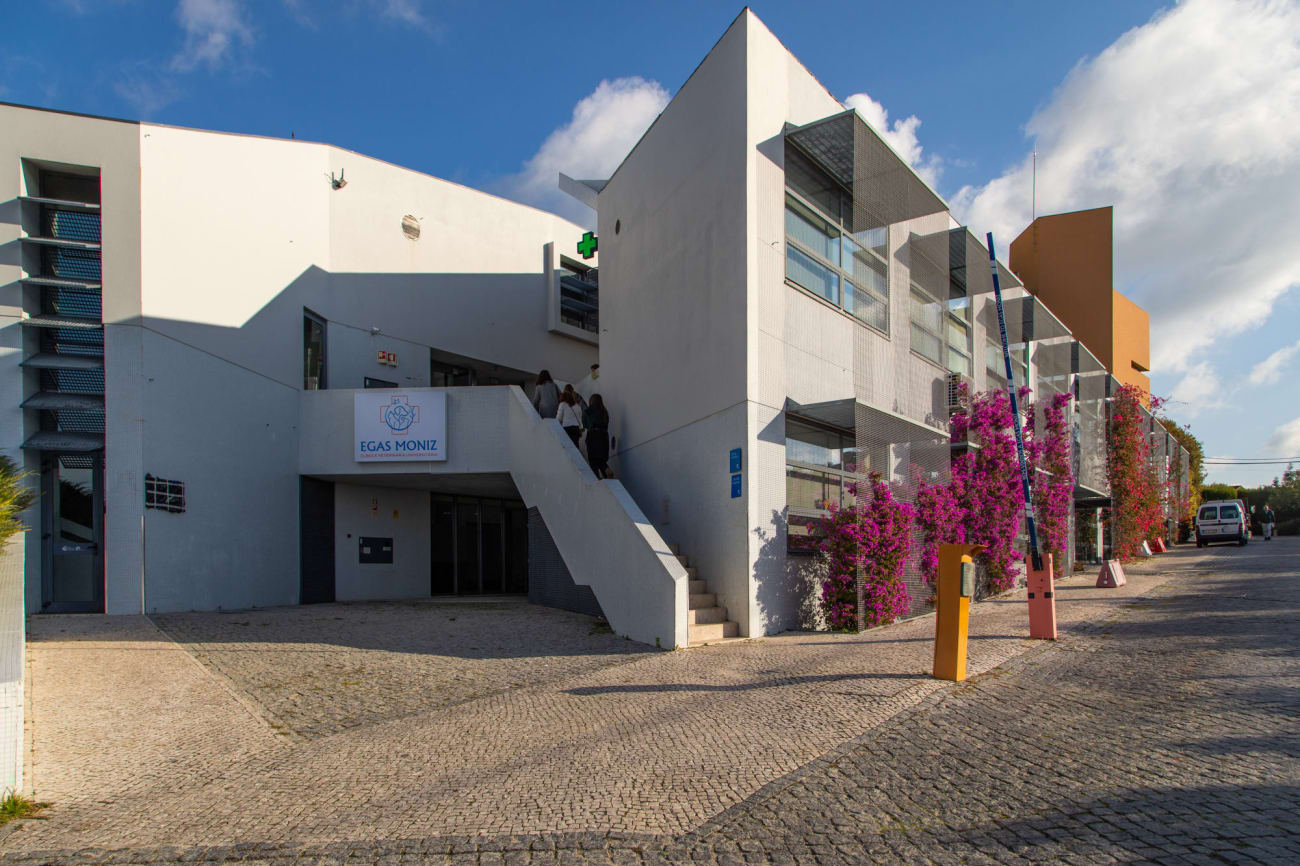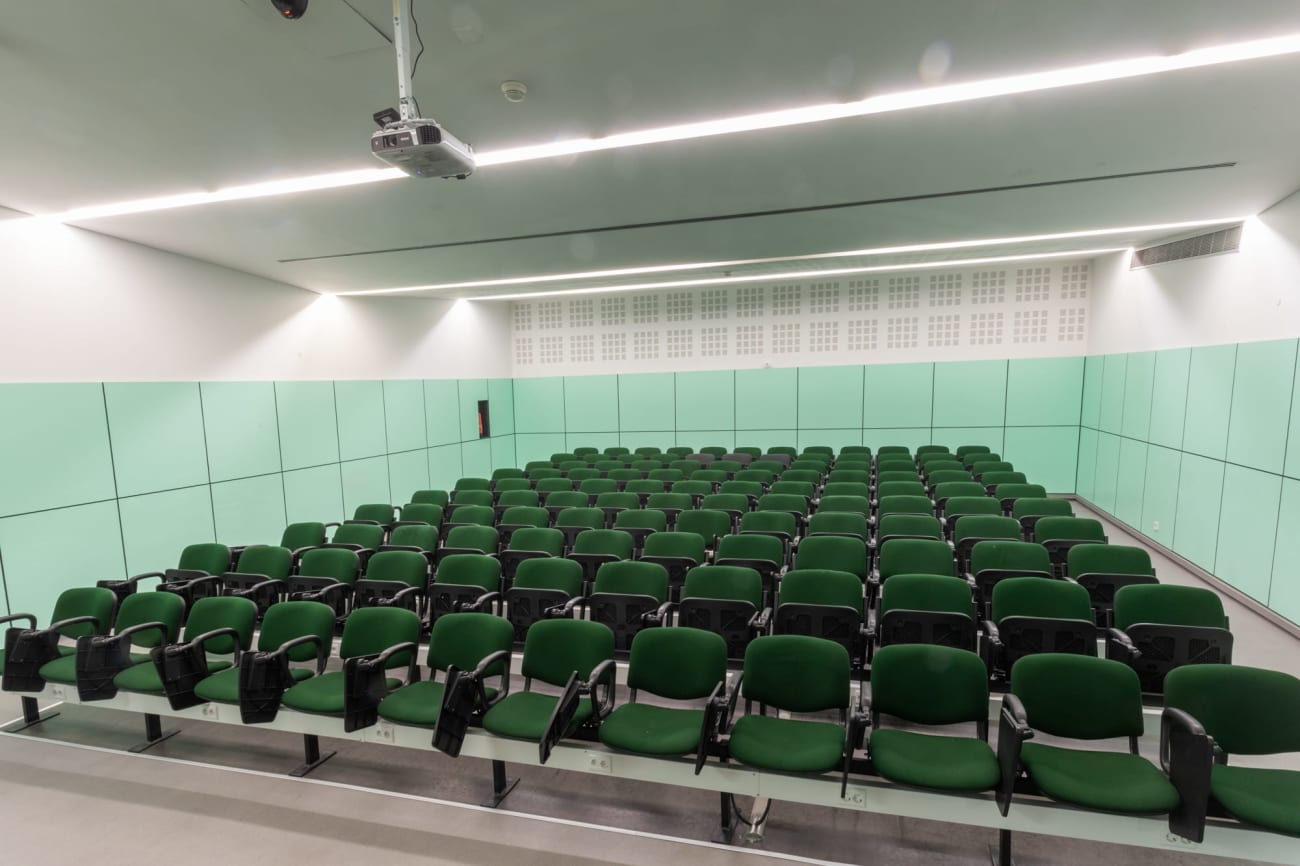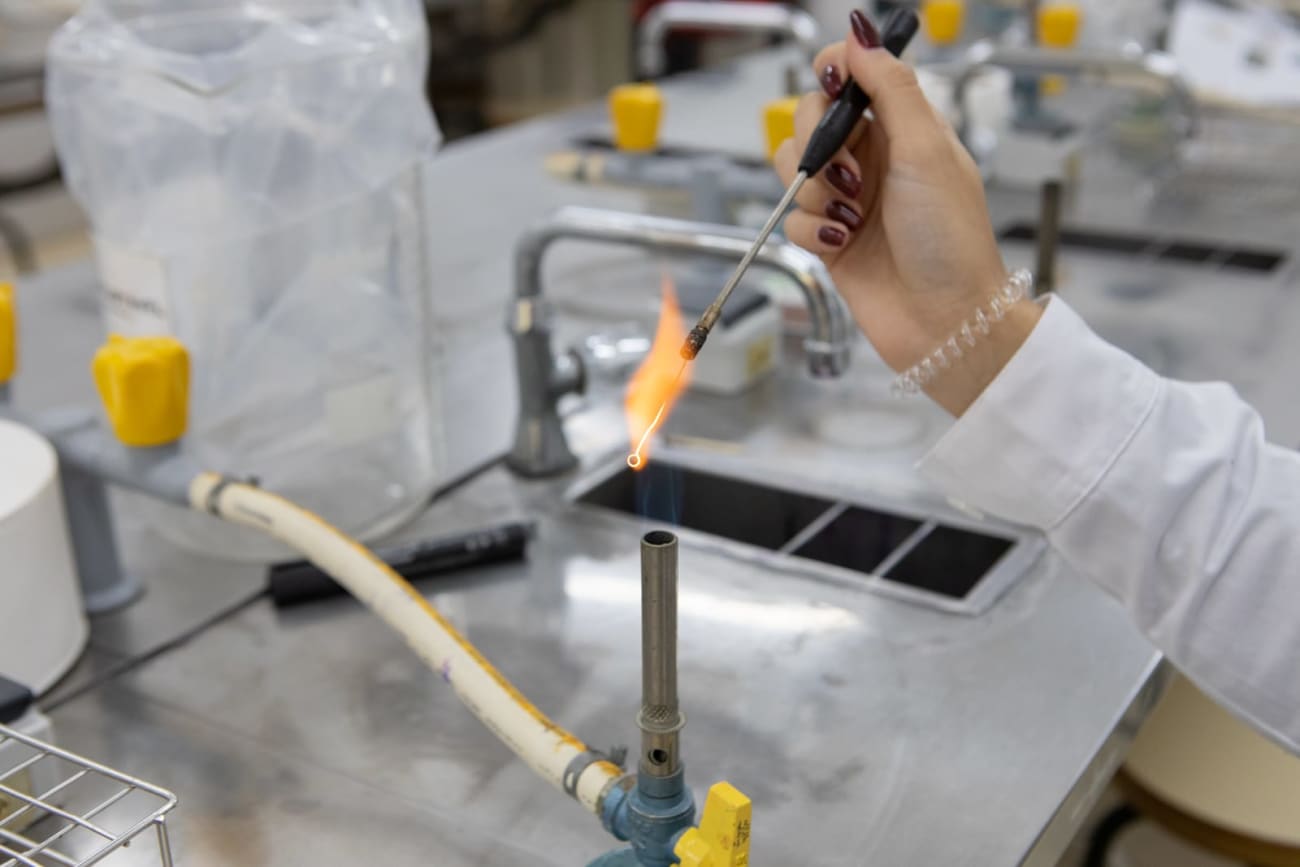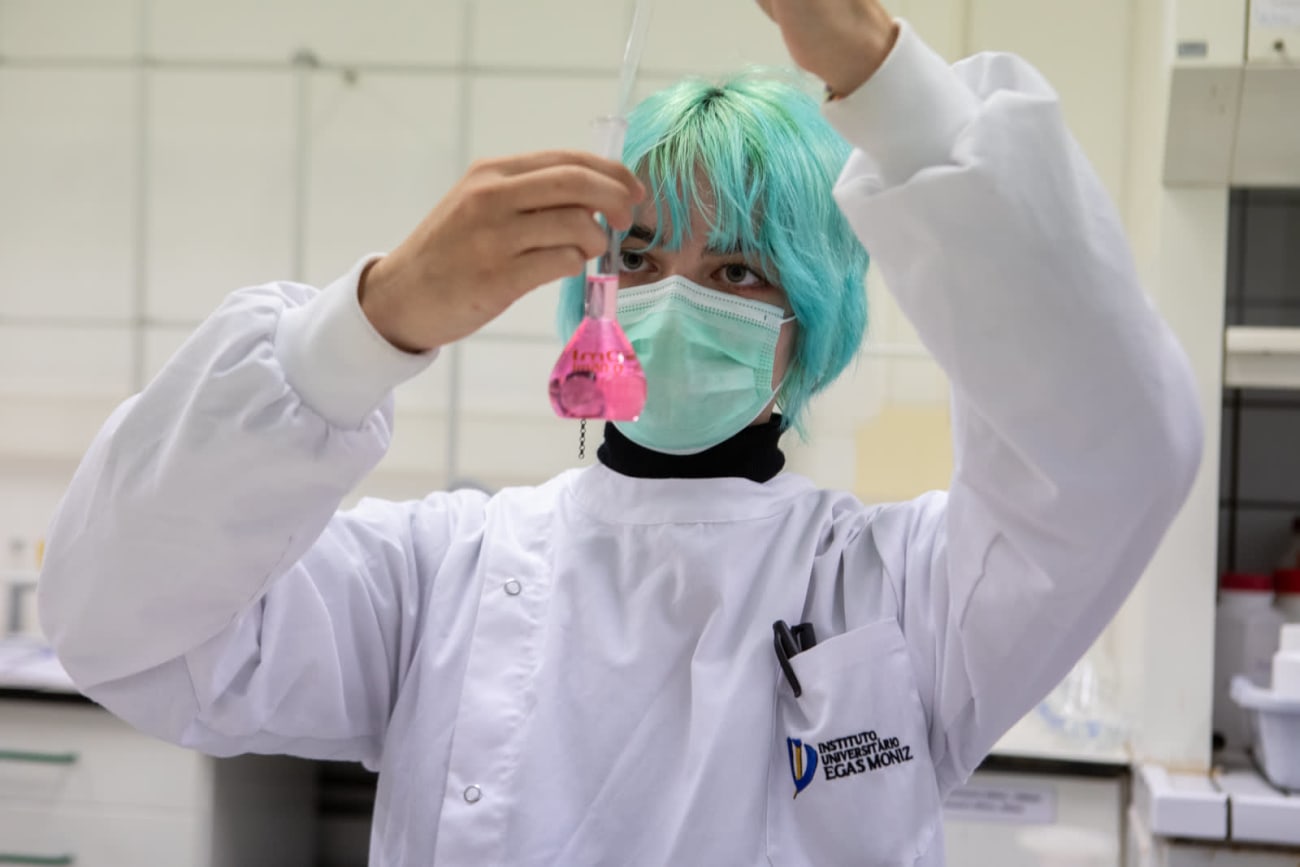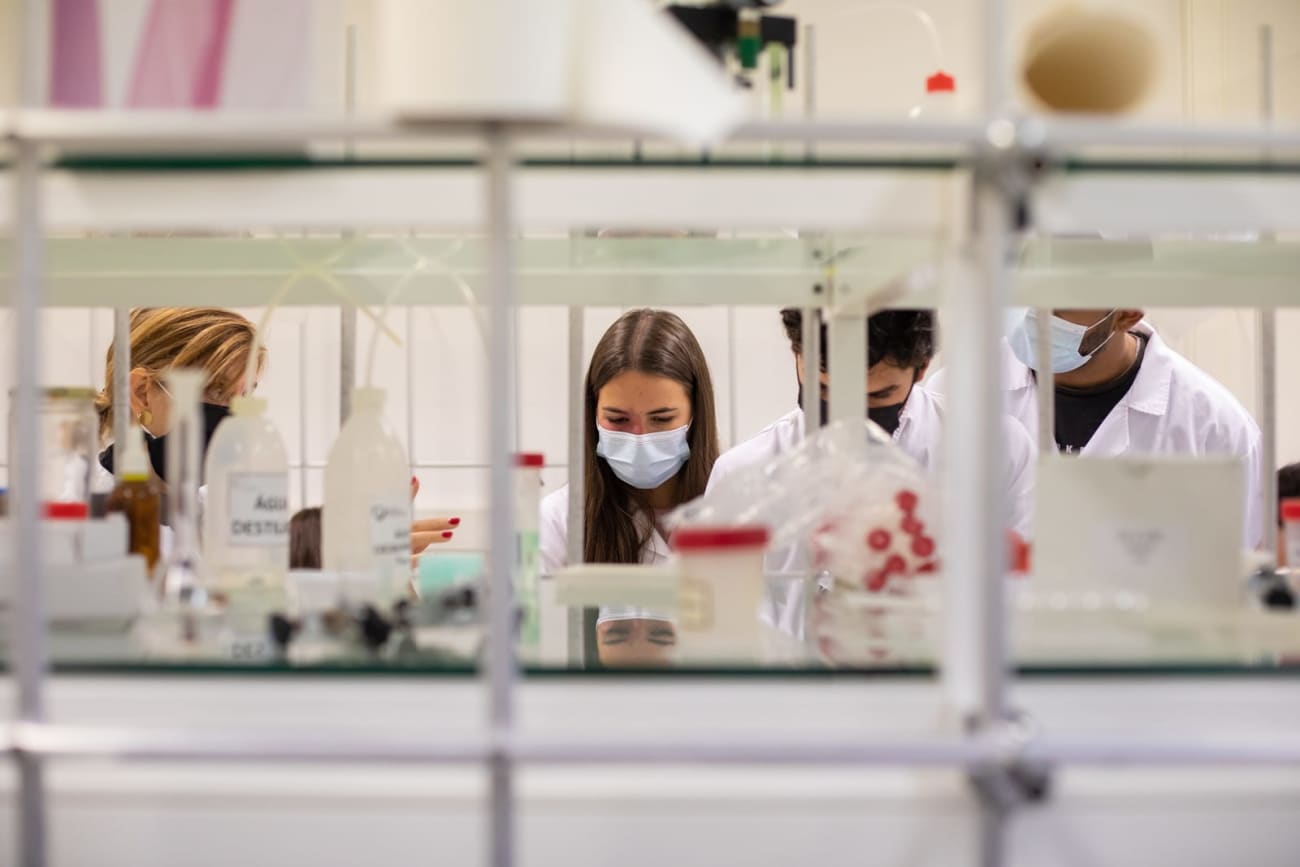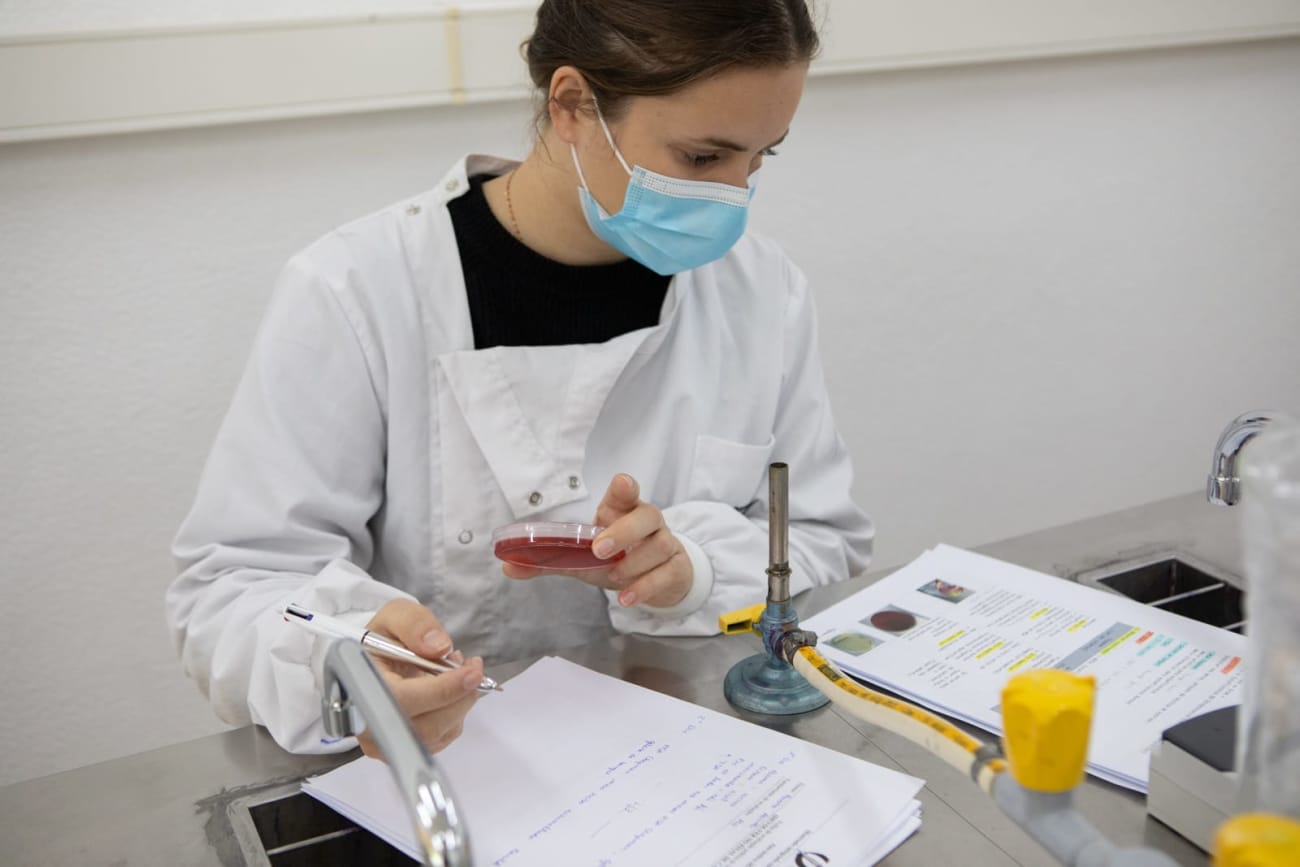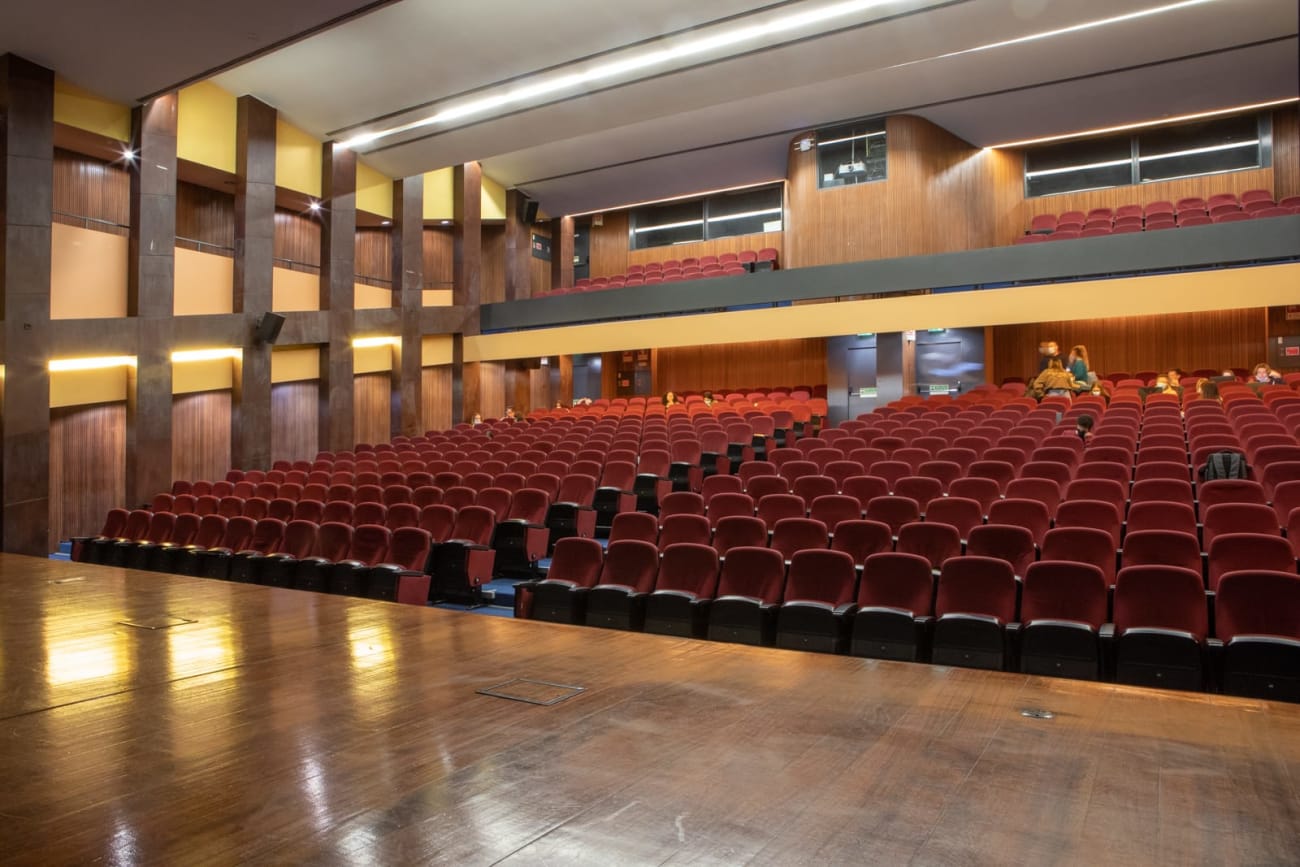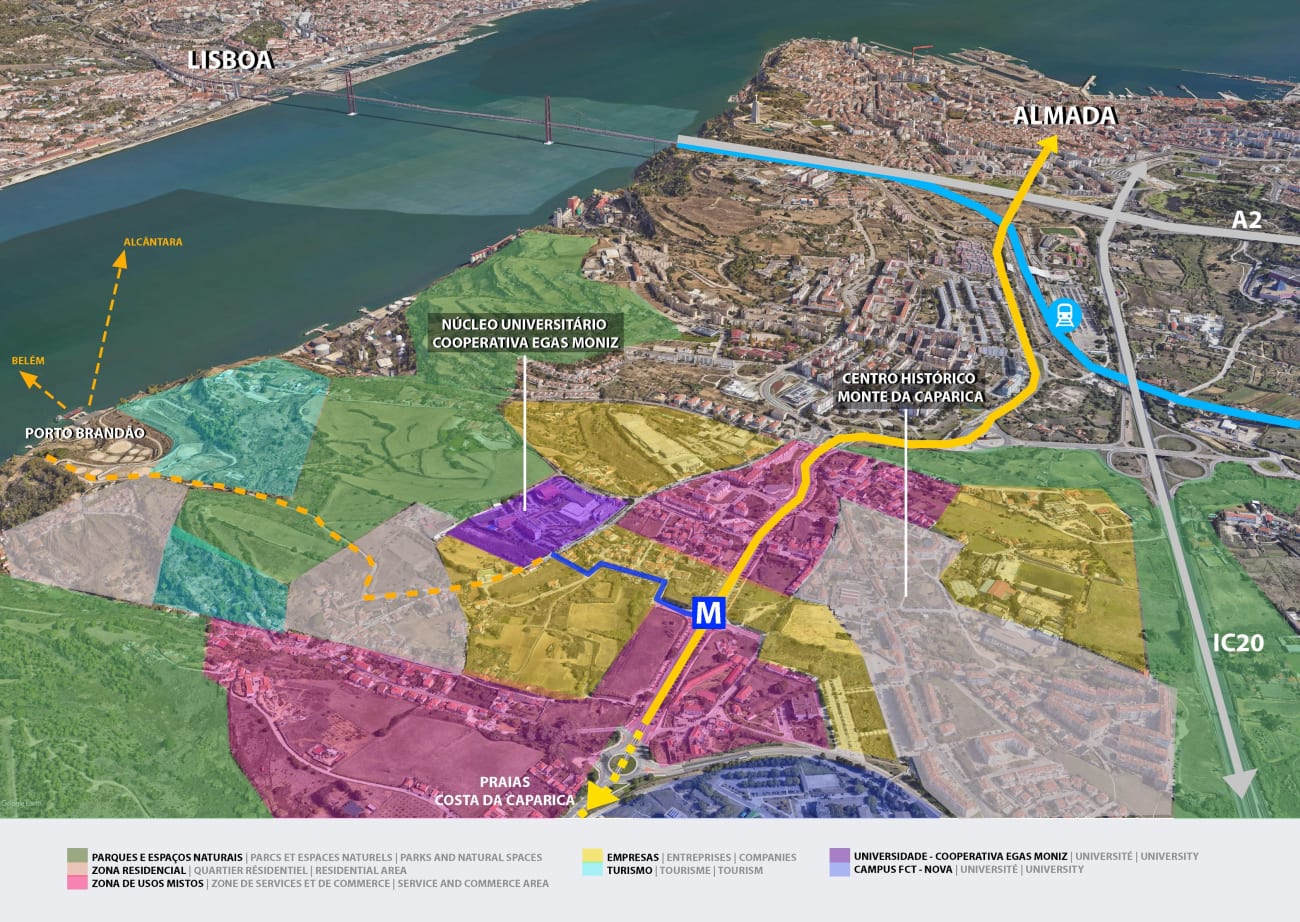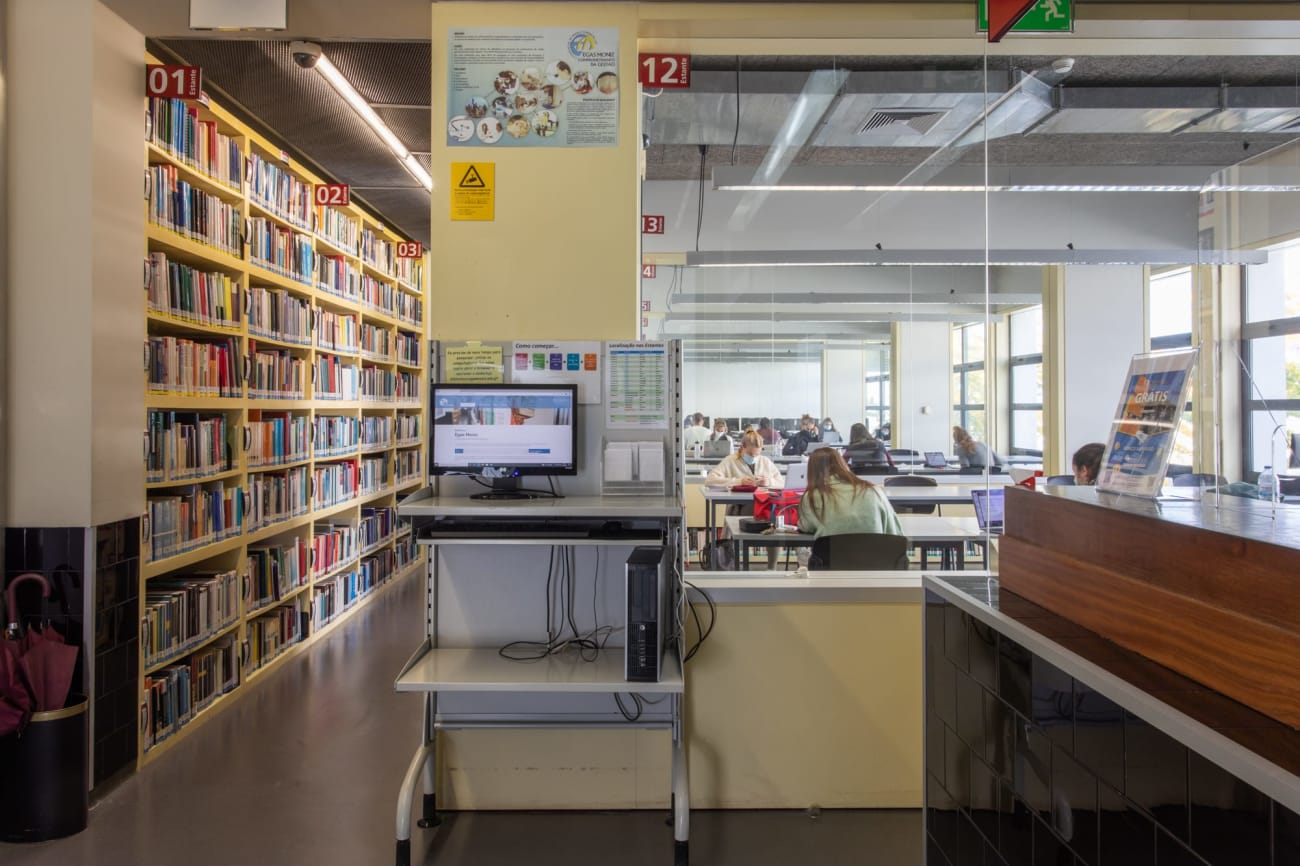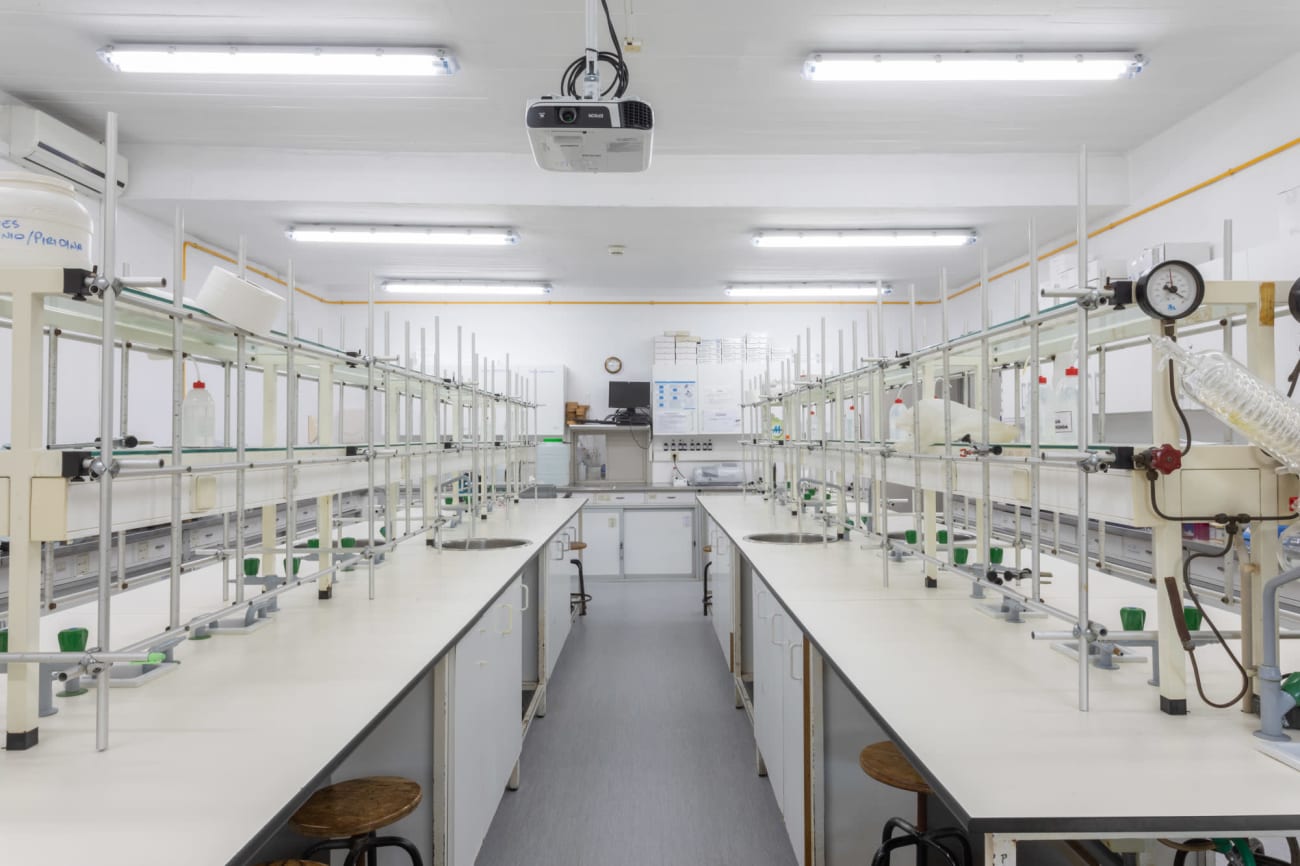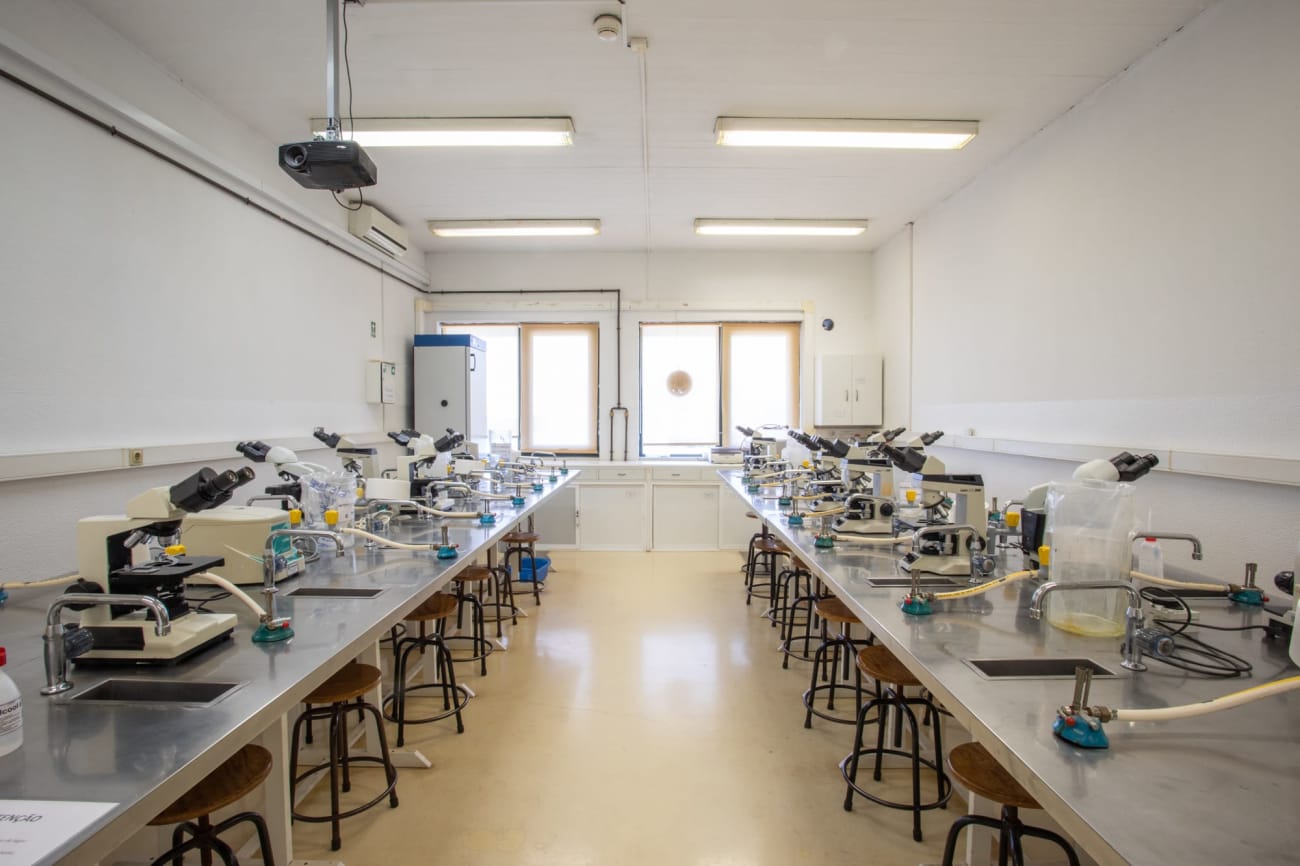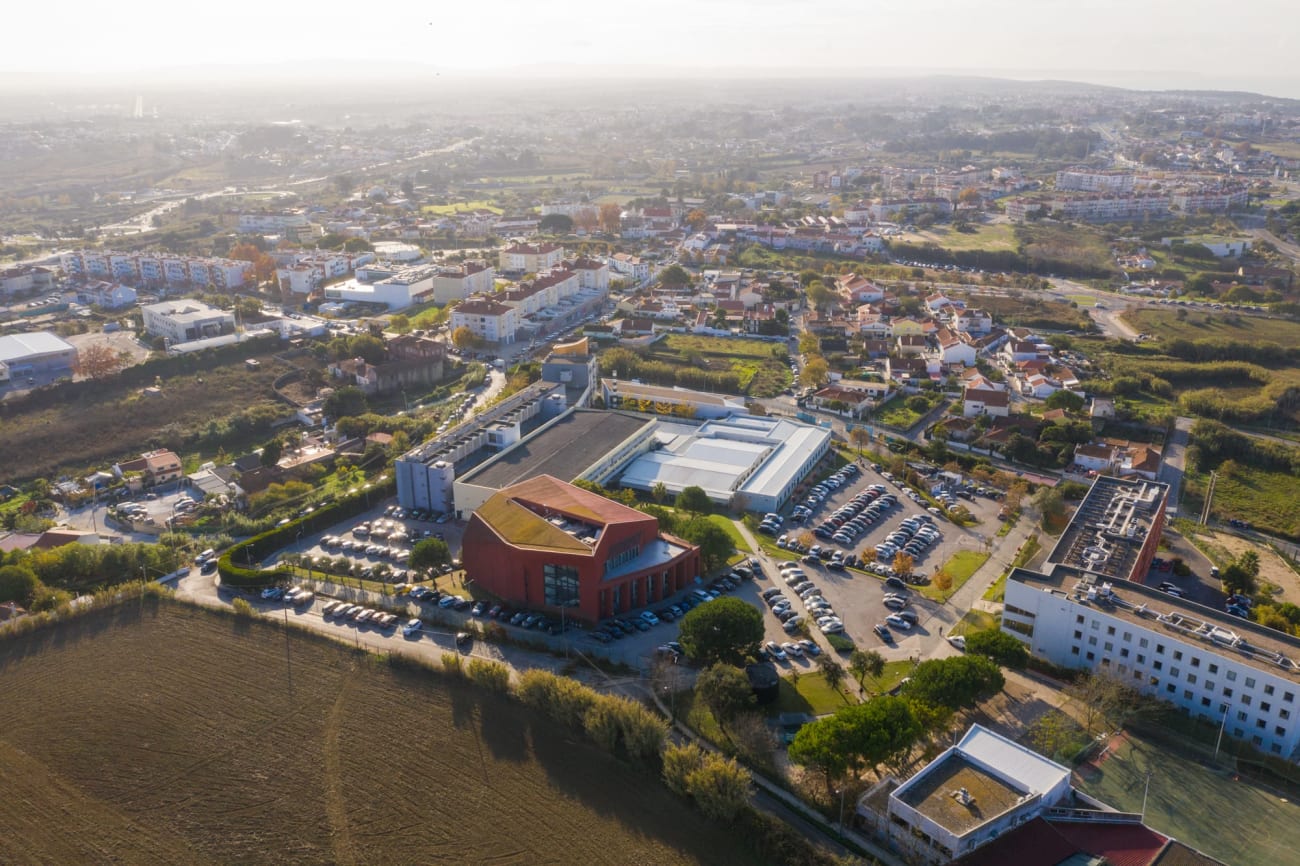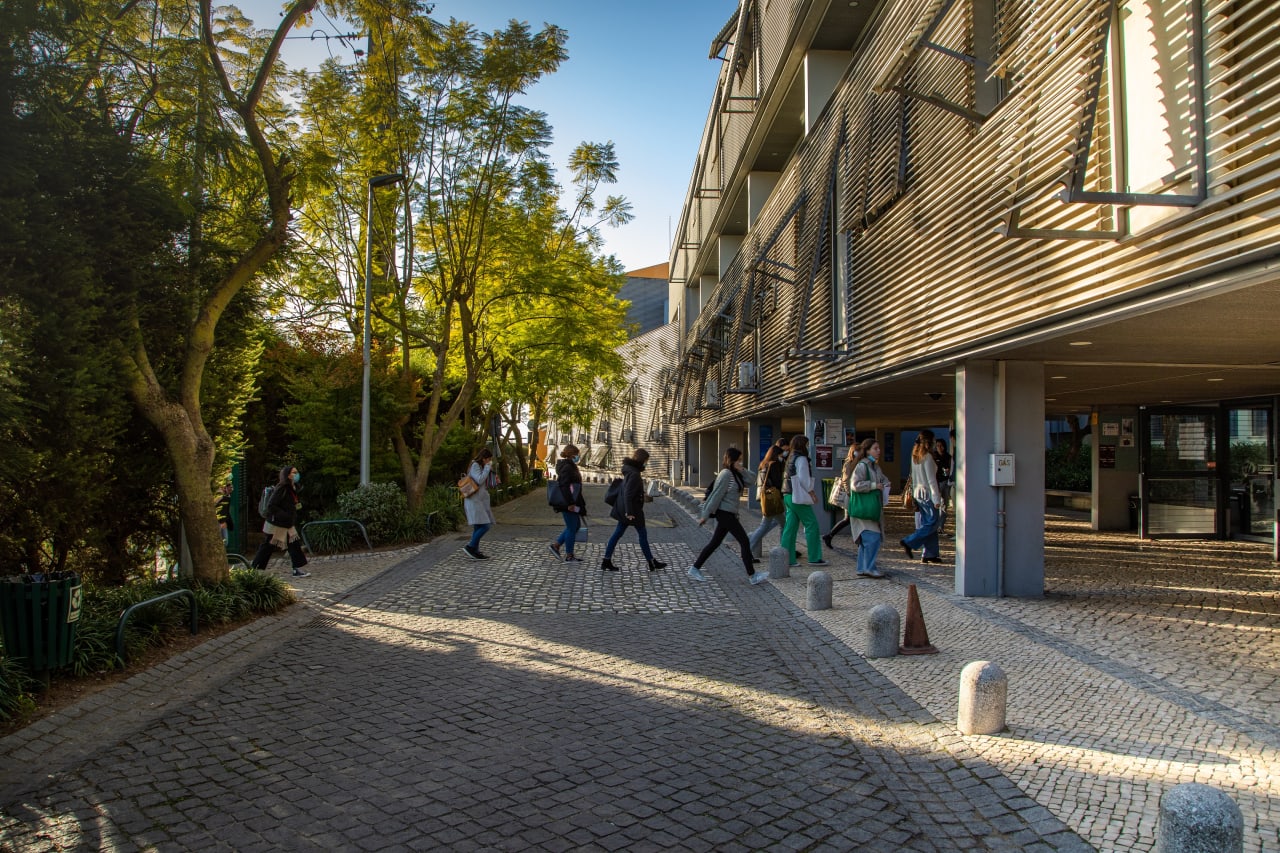
Egas Moniz School of Health & Science

Introduction
Egas Moniz is well recognized for its excellence and innovation in higher education. Being certified in accordance with the ISO 9001:2008, we focus on training health care professionals, and being a centre for social responsibility, heavily implanted in the local community, through the provision of health care.
Egas Moniz's scientific performance in recent years, in terms of volume, impact and quality of scientific production, number of patent applications and citations received by research production, number of pages on the internet and number of backlinks and mentions on social networks, led us to achieve 1st place in the SCIMAGO ranking, among private institutions in Portugal.
Egas Moniz international students are increasing, and they are not only European, but also Latin-American, Middle Eastern, Asian and African. Aside from hosting international students, Egas Moniz has invested in the internationalisation of its teaching body, hiring international Professors both for undergraduate and post-graduate studies. Our activities are backed by over 400 highly qualified Professors.
Our vision of internationalisation is founded on the will to be a relevant force in International Higher Education. Our top-quality university residence, located on campus, with excellent amenities, ensures our institution can offer all the conditions necessary for an international student to thrive.
In health care provision, we highlight our Dental Clinic and Veterinary Clinic, both on campus, as well as our Almada University Clinic, Setúbal University Clinic, and Sesimbra Nursing Home. All these facilities are used to significatively enhance the student’s learning and complement the several intramural teaching, research, simulation, and clinical skills laboratories, as well as all the extramural facilities which our students attend, so they can have their practical experience on a true workplace environment.
Our study plans include modern pedagogical methodologies, in which students take an active role in their own learning. Our pedagogical proposal is backed up by all the modern e-learning tools available, both for learning and evaluation.
Our pedagogical proposal, although demanding, includes a well-balanced work and personal life, respecting free time and valuing curricular enrichment in different areas, thus enabling future professionals with enhanced skills and sensitivities, obtained in a relaxed and healthy environment.
We thank you in advance for your confidence and look forward to welcoming you.
Campus Features
Located on a campus that has about 5 hectares in Monte de Caparica (Almada council), the two institutions offer a wide and diversified range of undergraduate degrees, master’s degrees, integrated master’s degrees, post-graduate degrees and a specialisation in the field of Health and Forensic Science. We have approximately 2,500 students and 200 teachers. The investment in the quality and qualification of our teaching staff, as well as in the facilities and amenities can be seen in the skills level of those who graduate from EGAS MONIZ.
EGAS MONIZ is constantly concerned with making available all the necessary means for a good performance by teachers and students, and we take this on as our direct responsibility. In this way we can increase school success and graduates’ employability. At this level we can mention, for instance, the Library and the many services it offers users, as well as the Office for Insertion in Active Life - GIVA.
The students’ comfort and well-being is ensured by the excellence of support services on campus, such as cafeterias that serve meals, a playing field, gym, areas for conviviality and leisure, copy centre, bookstore, facilities for student associations, as well as medical and psychological support. EGAS MONIZ also has a university residence with 211 rooms on campus for students who don’t live nearby.
Through its mission and vision, EGAS MONIZ is further based on two major pillars, in addition to the teaching-learning element of its students:
- Advancing knowledge through research, development and innovation, in its Egas Moniz Interdisciplinary Research Centre (CiiEM).
- Being connected to the community through applying its knowledge and university research, via the provision of health care services and others, in tight articulation with its degrees.
Gallery
Admissions
Who can apply?
Candidates for the Institutional Contest:
- Holders of a high school course or legally equivalent qualification and who have undergone entrance exams to higher education.
- Holders of a foreign high school course and who wish to apply under the Article 20-A of Decree-Law no. 296-A / 98, of September 25. These candidates will have to apply for equivalence to continue their studies, together with a High School, and after the assigned equivalence should go to the premises of the DGES to request the substitution of entrance tests, through article 20-A.
Candidates for the Special Contest:
- Over 23 years old.
- Students with university attendance (change of course, transfer or re-entry).
- Holders of Higher Education, Medium and Diplomas of Technological Specialization.
Candidates for the Special Regime:
- Portuguese Diplomatic Mission Abroad.
- Portuguese foreign scholarship holders or government officials abroad.
- Officers of the Portuguese Armed Forces.
- PALOP Fellows.
- Foreign diplomatic mission accredited in Portugal.
- High-performance athletes.
- Of East Timor.
Student Testimonials
Locations
- Monte de Caparica
Campus Universitário, 2829-511, Monte de Caparica
